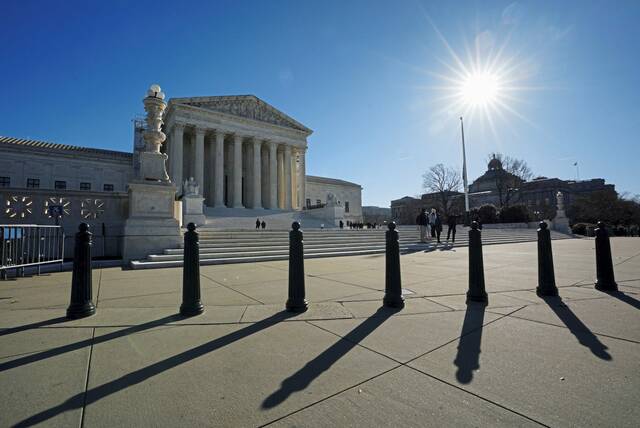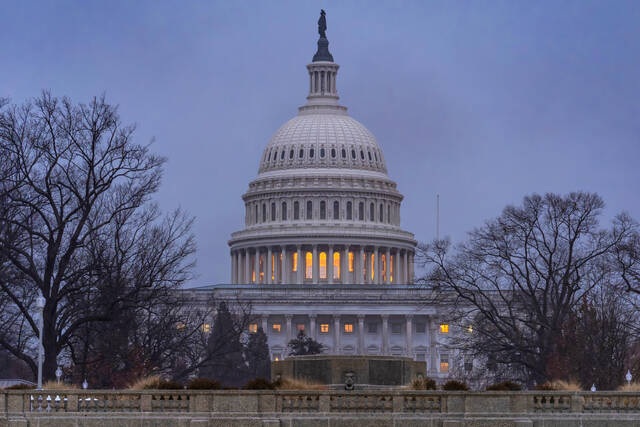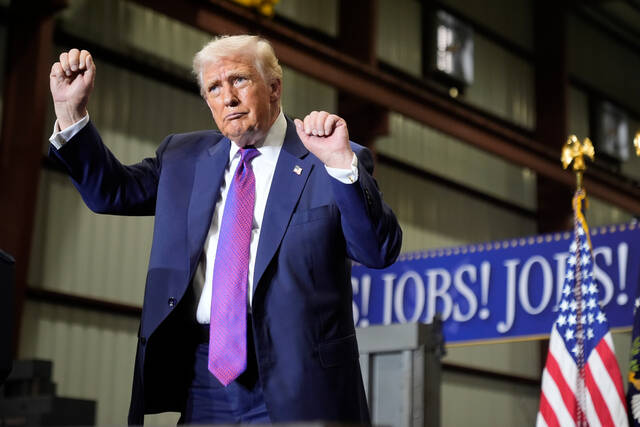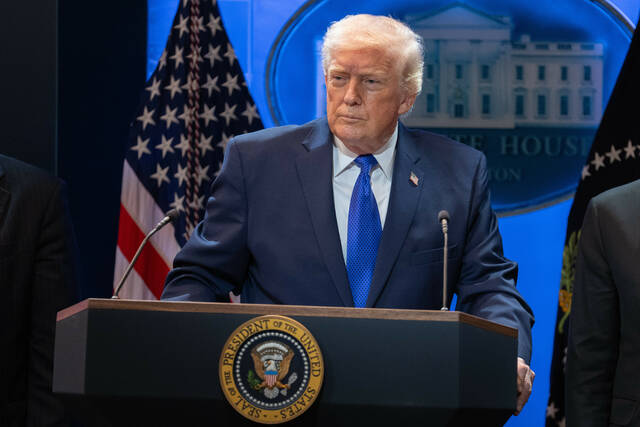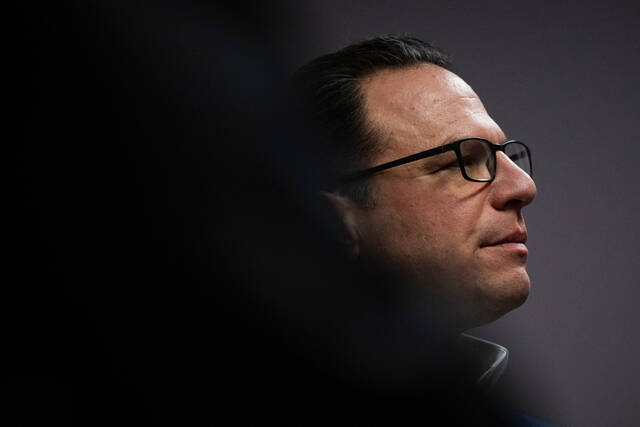WASHINGTON - The U.S. Supreme Court kicks off its new nine-month term on Monday with major cases in store concerning presidential powers as Donald Trump probes the limits of his authority under the U.S. Constitution and federal law.
The nine justices are scheduled to hear arguments in two cases on Monday and then take up their first big case of the term on Tuesday in a dispute over the legality of a Colorado law that bans “conversion therapy” intended to change a minor’s sexual orientation or gender identity.
That is one of a passel of cases touching on hot-button U.S. culture wars issues, with others due to be argued focusing on transgender student athletes, gun rights and race.
But the major theme of the term promises to be the authority of the president in cases involving Trump, who returned to office in January.
The court, whose 6-3 conservative majority includes three justices appointed by Trump during his first term in office, already has backed the Republican president in a series of cases decided on an emergency basis this year.
In the one case this year involving Trump in which the justices heard arguments, the conservative majority handed him a major victory that buttressed presidential powers. In that case, which arose from a dispute over Trump’s efforts to limit birthright citizenship, the court in June restricted the ability of judges to impede his policies nationwide.
The court has arguments coming in November, December and January in three big cases involving Trump over the legality of his sweeping tariffs and his moves to fire officials from agencies set up by Congress with certain job protections meant to insulate them from presidential interference.
The justices are set to hear on Monday a dispute over whether a Texas judge violated the rights of David Villarreal under the Constitution’s Sixth Amendment to have a lawyer assist in his defense in his murder trial. The judge prohibited Villarreal from discussing his testimony with his attorney during an overnight recess in the trial. Villarreal was convicted in 2018 and sentenced to 60 years in prison.
The justices also are set to hear arguments in a separate dispute over whether a federal court must apply state laws requiring plaintiffs suing for medical malpractice to obtain an affidavit from a medical expert stating there are reasonable grounds to believe medical negligence has occurred.
Numerous states have adopted similar laws to tamp down on frivolous medical malpractice lawsuits.
The case was filed by a Florida man who alleges he received improper care for an ankle injury in Delaware, where he owns a home. Federal courts can handle cases when a plaintiff and defendant live in different states.
Trump arguments
The Constitution grants Congress, not the president, the authority to issue taxes and tariffs, and any delegation of that authority must be both explicit and limited, according to the plaintiffs challenging Trump’s tariffs. Denying Trump’s tariff power, the Justice Department has argued, “would expose our nation to trade retaliation without effective defenses and thrust America back to the brink of economic catastrophe.”
Acting on an emergency basis, the court allowed Trump’s removal of Rebecca Slaughter, a Democratic member of the Federal Trade Commission, while that case plays out. But in the case involving Trump’s bid to oust Federal Reserve Governor Lisa Cook, the justices put off action on a Justice Department request to let the president remove her for now while that litigation proceeds.
The court this term also has cases examining campaign finance law in litigation involving Vice President JD Vance and a law that lets Americans sue in U.S. courts over property confiscated by the Cuban government.


